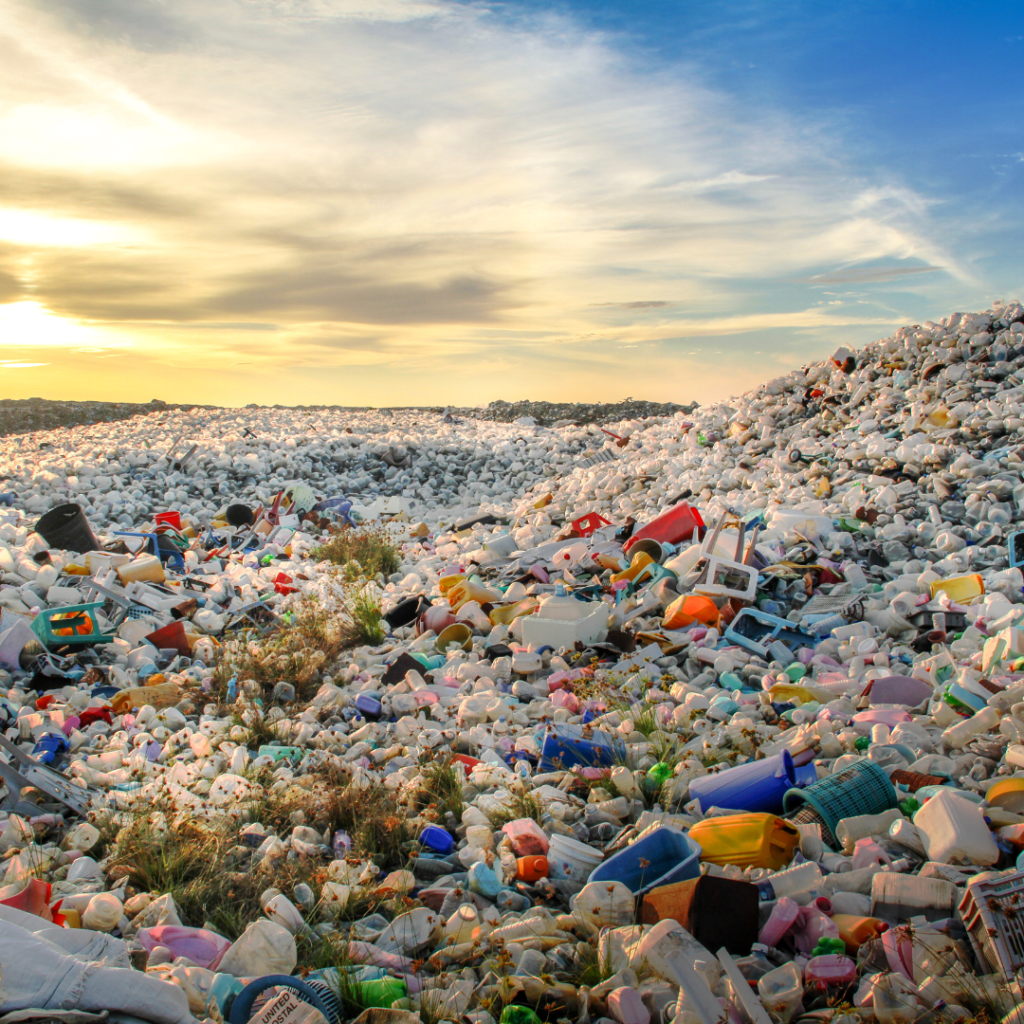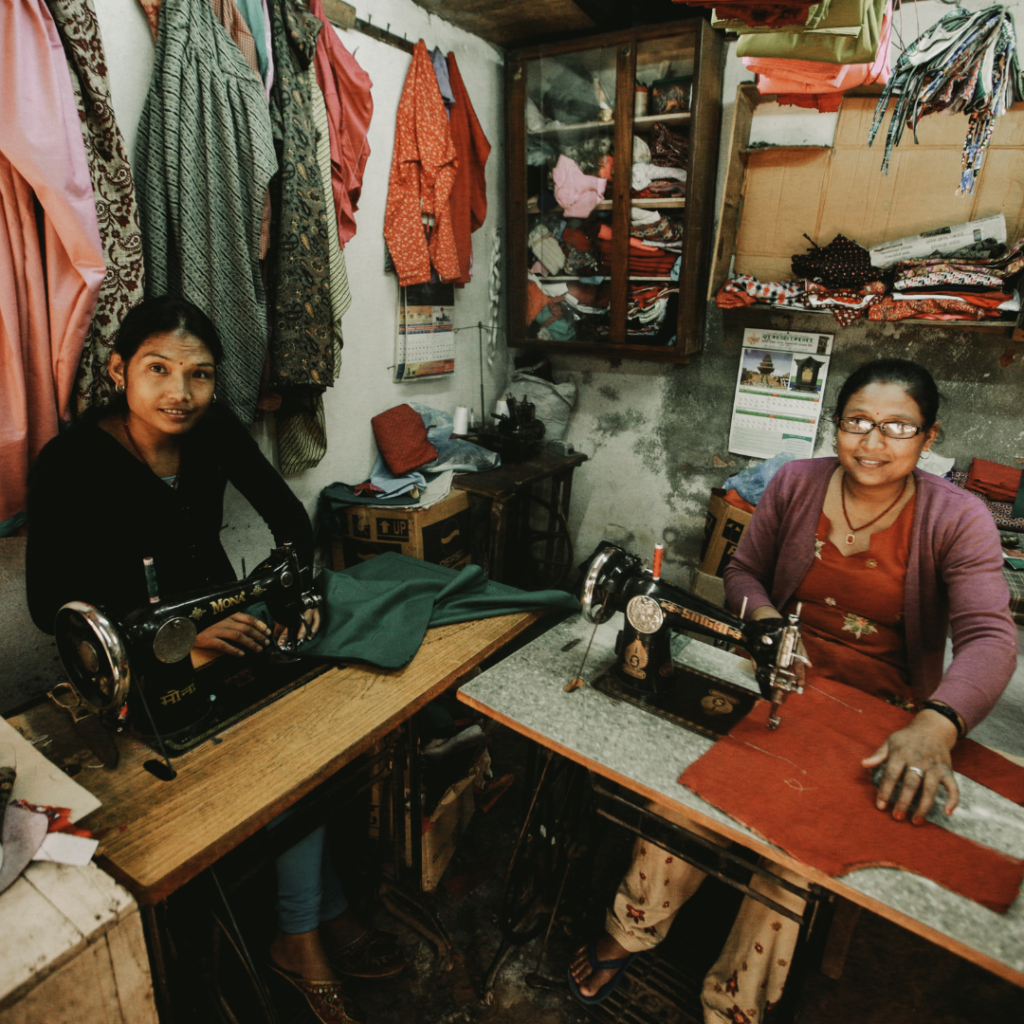
The fashion industry plays a significant role in shaping our world, but the rise of fast fashion has come at a cost. As you dive into the world of fashion, it’s crucial to understand the impact of fast fashion on the environment. From excessive waste to harmful production processes, the consequences are far-reaching and demand our attention.
This blog post will shed light on the environmental implications of fast fashion and provide insight into the key areas that contribute to its negative effects. By understanding these dynamics, you’ll be equipped to make informed decisions and take actionable steps towards a more sustainable approach to fashion.
Fast fashion has revolutionized the clothing industry, bringing with it a myriad of implications for the environment and society. Let’s delve into the rise of fast fashion brands and the impact of consumer behavior on this trend.
Traditional fashion production cycles have been disrupted by the emergence of fast fashion brands. These companies prioritize swift design-to-retail processes, enabling them to swiftly replicate the latest trends and deliver them to consumers at unprecedented speeds. By streamlining manufacturing and supply chain operations, fast fashion brands have redefined the industry landscape, resulting in an influx of affordable, trendy clothing options.
The rapid turnover of styles and the constant pressure to produce new collections have led to increased waste and resource depletion. The accessibility of inexpensive garments has also fueled a culture of disposability, with consumers discarding items more frequently, contributing to the mounting environmental challenges wrought by the fashion industry.
Consumer behavior plays a pivotal role in sustaining the fast fashion model. The allure of low-cost, trend-focused apparel has cultivated a culture of impulsive purchasing and overconsumption. With the prevalence of social media and influencer marketing, consumers are enticed to continually update their wardrobes to mirror the latest fashion fads.
As consumers constantly seek affordable, trend-centric clothing, the demand for fast fashion continues to surge. However, this widespread consumption pattern perpetuates the cycle of environmental degradation through increased textile waste, excessive water usage, and heightened carbon emissions in the production and transportation of these goods.
The convenience and allure of fast fashion may seem irresistible, but an understanding of its far-reaching consequences is imperative in driving sustainable change within the fashion industry. By examining the origins and implications of fast fashion, individuals can make informed choices that mitigate its adverse effects on the environment.
The environmental impact of fast fashion is profound and far-reaching, influencing various aspects of our ecosystem. Understanding these impacts is crucial to making informed decisions as consumers and industry stakeholders. Let’s delve into how fast fashion contributes to environmental degradation:
The mass production of textiles for fast fashion leads to significant pollution. From the extraction of raw materials to the dyeing and treatment processes, the textile industry releases a plethora of harmful chemicals into the environment. This pollution adversely affects air and water quality, posing serious health risks to both ecosystems and human populations. The synthetic fibers and toxic dyes used in fast fashion contribute to soil contamination and the release of hazardous byproducts, further exacerbating environmental degradation.

Fast fashion’s emphasis on rapid production and consumption results in staggering levels of waste. As trends swiftly come and go, clothing is disposed of at an alarming rate, leading to overflowing landfills and a growing burden on waste management systems. The low cost and poor durability of fast fashion items contribute to their short lifespan, further exacerbating the issue. These garments often end up in landfills, where they can take years to decompose, releasing harmful pollutants in the process.
The fashion industry, particularly fast fashion, is notorious for its excessive water consumption. The cultivation of cotton, a staple material in clothing production, requires vast amounts of water, often contributing to water scarcity in regions where it is grown. Additionally, textile dyeing and treatment processes discharge chemical-laden wastewater into rivers and streams, contaminating freshwater sources and disrupting aquatic ecosystems. The extensive water usage and contamination associated with fast fashion production have severe implications for global water resources and biodiversity.
Fast fashion significantly contributes to greenhouse gas emissions and climate change. The energy-intensive processes involved in textile production, including manufacturing, transportation, and distribution, rely heavily on fossil fuels. Moreover, the constant turnover of clothing in fast fashion leads to increased energy consumption and carbon emissions associated with production and disposal. The cumulative impact of fast fashion on the climate calls for urgent measures to reduce its carbon footprint and mitigate its contribution to global warming.
By shedding light on these ecological repercussions, we can gain a deeper understanding of the detrimental effects of fast fashion on the environment. This knowledge empowers us to make mindful choices that prioritize sustainability and environmental conservation.
For more information on the environmental impact of fast fashion, you can refer to authoritative sources such as World Wildlife Fund and The Ellen MacArthur Foundation.
Fast fashion has far-reaching social implications that significantly impact the lives of individuals involved in the production process and the communities where these activities are concentrated.
Sweatshops are a prevalent issue within the fast fashion industry. Workers in developing countries are often subject to poor working conditions, long hours, low wages, and lack of job security. This exploitation is a stark reality for many garment workers, with reports of verbal and physical abuse not uncommon. The relentless pursuit of quick, cheap clothing has created an environment where labor rights and ethical treatment of workers are disregarded. This perpetuates a cycle of poverty and inequality for those involved in the production of fast fashion.

The presence of fast fashion production facilities can have detrimental effects on local communities. The environmental impact of these operations often leads to pollution and resource depletion, affecting the health and well-being of the surrounding population. Additionally, the influx of fast fashion production can lead to over-reliance on this single industry, leaving communities vulnerable to economic downturns and instability. Moreover, the competitive nature of the fast fashion market can drive local businesses out, further impacting the socio-economic fabric of these communities.
Fast fashion’s social implications are deeply rooted in the exploitation of labor and the destabilization of local communities. Understanding these consequences is crucial in advocating for a more sustainable and ethical approach to fashion production.
For more information on this topic, visit Fair Labor Association and Global Living Wage Coalition.

When it comes to the negative impact of fast fashion on the environment, adopting sustainable fashion practices is crucial in promoting ethical and eco-friendly solutions. By delving into ethical fashion brands and initiatives and understanding the slow fashion movement and conscious consumerism, individuals can make informed choices to support a more sustainable industry.
Ethical fashion brands and initiatives play a vital role in reshaping the fashion industry’s environmental impact. These brands prioritize fair trade, sustainable materials, and ethical production processes. By supporting these brands, consumers contribute to reducing the carbon footprint of their clothing and promoting responsible sourcing and labor practices. Brands such as Patagonia, Eileen Fisher, and Reformation are notable examples of companies committed to ethical and sustainable fashion practices.
The slow fashion movement advocates for quality over quantity, encouraging consumers to invest in timeless and durable pieces rather than succumbing to trends with short lifespans. Conscious consumerism, a core principle of the slow fashion movement, urges individuals to consider the environmental and social implications of their purchasing decisions. By embracing a mindset of mindful consumption, individuals can minimize waste and support sustainable fashion practices. Through practices like clothing swaps, upcycling, and embracing a minimalist wardrobe, consumers can actively participate in reducing the environmental impact of fast fashion.
By understanding the significance of ethical fashion brands, initiatives, and the principles of the slow fashion movement, consumers can align their purchasing habits with sustainable alternatives. Making informed and responsible choices regarding clothing consumption can lead to a positive impact on the environment and social sustainability.
In this article, we’ve explored the concerning impact of fast fashion on the environment. From the excessive water usage to the massive carbon footprint and the proliferation of textile waste, the fashion industry’s negative influence on the planet is undeniable. It’s clear that urgent action is needed to address these issues and transition towards sustainable and ethical fashion practices.
Throughout our discussion, we’ve emphasized the necessity for consumers to make informed choices and support brands that prioritize eco-friendly production methods and fair labor practices. By being mindful of our purchasing habits and opting for durable, timeless pieces over fleeting trends, we can significantly reduce the demand for fast fashion and contribute to a more sustainable future.
Additionally, we’ve highlighted the importance of transparency and accountability within the fashion supply chain. Supporting initiatives that promote fair wages, safe working conditions, and environmentally responsible manufacturing processes is crucial for driving positive change within the industry.
Ultimately, the detrimental effects of fast fashion extend beyond environmental concerns, impacting communities and perpetuating social injustices. By embracing conscious consumerism and advocating for a shift towards sustainable fashion, we have the power to shape a brighter, more ethical future for the fashion industry and the world at large.
Join us in taking a stand for sustainable fashion and making a meaningful difference through the choices we make. Together, we can create a positive impact that reverberates far beyond the realm of clothing and style.
Remember, our choices matter, and by prioritizing sustainability and ethical practices, we can pave the way for a more responsible and compassionate fashion industry that benefits both the planet and its inhabitants.
If you have shoes, clothes, or both, that you don’t want anymore, don’t throw them away. Donate them today to Shoes4Blues and help make someone’s day!